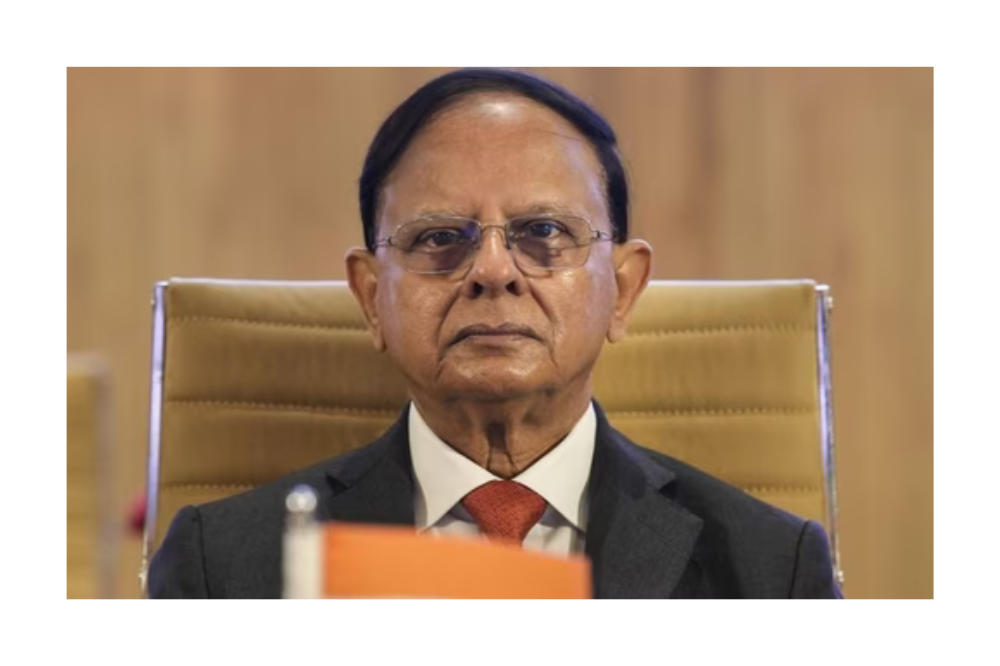Shopping cart
Your cart empty!
Terms of use dolor sit amet consectetur, adipisicing elit. Recusandae provident ullam aperiam quo ad non corrupti sit vel quam repellat ipsa quod sed, repellendus adipisci, ducimus ea modi odio assumenda.
Lorem ipsum dolor sit amet consectetur adipisicing elit. Sequi, cum esse possimus officiis amet ea voluptatibus libero! Dolorum assumenda esse, deserunt ipsum ad iusto! Praesentium error nobis tenetur at, quis nostrum facere excepturi architecto totam.
Lorem ipsum dolor sit amet consectetur adipisicing elit. Inventore, soluta alias eaque modi ipsum sint iusto fugiat vero velit rerum.
Sequi, cum esse possimus officiis amet ea voluptatibus libero! Dolorum assumenda esse, deserunt ipsum ad iusto! Praesentium error nobis tenetur at, quis nostrum facere excepturi architecto totam.
Lorem ipsum dolor sit amet consectetur adipisicing elit. Inventore, soluta alias eaque modi ipsum sint iusto fugiat vero velit rerum.
Dolor sit amet consectetur adipisicing elit. Sequi, cum esse possimus officiis amet ea voluptatibus libero! Dolorum assumenda esse, deserunt ipsum ad iusto! Praesentium error nobis tenetur at, quis nostrum facere excepturi architecto totam.
Lorem ipsum dolor sit amet consectetur adipisicing elit. Inventore, soluta alias eaque modi ipsum sint iusto fugiat vero velit rerum.
Sit amet consectetur adipisicing elit. Sequi, cum esse possimus officiis amet ea voluptatibus libero! Dolorum assumenda esse, deserunt ipsum ad iusto! Praesentium error nobis tenetur at, quis nostrum facere excepturi architecto totam.
Lorem ipsum dolor sit amet consectetur adipisicing elit. Inventore, soluta alias eaque modi ipsum sint iusto fugiat vero velit rerum.
Do you agree to our terms? Sign up

India Must Accelerate Hybrid Technology Adoption in Pulses, Oilseeds to Cut Imports: PK Mishra
India needs to prioritize the adoption of hybrid technology in pulses and oilseeds to address production deficits, said PK Mishra, Principal Secretary to the Prime Minister, on Wednesday. Speaking at a national symposium organized by the Trust for Advancement of Agricultural Sciences (TAAS), Mishra emphasized the challenges farmers face in adopting advanced farming practices despite the proven potential of hybrid varieties.
Mishra highlighted the limited adoption of hybrid pigeon pea (toor dal) and called for greater focus on these crops. "These two crops need our attention much more than what we have done so far," he stated.
While hybrid mustard seeds are available in the market, their performance compared to open-pollinated varieties still requires further analysis. Mishra also noted global research efforts to develop technologies that allow farmers to save and reuse hybrid seeds, reducing costs.
India has a strong history of hybrid technology, starting with the introduction of the first cotton hybrid in 1970. While hybrids have transformed productivity in crops like maize and cotton, adoption remains uneven across other staples such as rice, where hybrid varieties cover only 8% of the total cultivated area despite 35 years of availability.
Hybrid technology has significantly contributed to India’s vegetable production, which reached 213 million tonnes in 2022-23 with an average yield of 19 tonnes per hectare. Mishra attributed this success largely to hybrid adoption.
The country’s hybrid rice program, launched in 1989 with support from UNDP and FAO, has produced multiple public-sector-developed varieties. However, hybrid rice adoption remains limited because these varieties often fail to outperform pure line varieties under optimal conditions.
ICAR’s hybrid development programs have shown success in crops like bajra, sorghum, and maize. "The concept of single-cross hybrids in maize has revolutionized maize productivity," Mishra said, highlighting the need for similar advancements in other crops.
Despite public-sector institutions releasing hybrids in crops such as rice, pigeon pea, mustard, tomato, and cauliflower, farmer reluctance remains a challenge. Mishra stressed that hybrids must offer clear advantages in productivity, profitability, and stress resistance to achieve wider adoption.
The government’s guidelines for gene-editing technology are expected to accelerate crop improvement efforts. Advanced tools such as marker-assisted selection are also being utilized to enhance breeding precision and develop hybrids with targeted traits.
Mishra called for robust public-private partnerships (PPP) to address challenges, emphasizing the need to strengthen intellectual property rights, protect plant varieties, and improve seed production systems. He also highlighted the role of genomics and biotechnology in overcoming barriers like inbreeding depression and infrastructure constraints in hybrid breeding programs.
TAAS Chairman R.S. Paroda urged the government to develop clear policies on genetically modified crops and provide incentives like tax exemptions for the seed industry.
The event also featured key speakers, including ICAR Director General Himanshu Pathak, Federation of Seed Industry of India Chairman Ajai Rana, and ICRISAT Director General Standford Blade. The three-day symposium concluded on January 10.